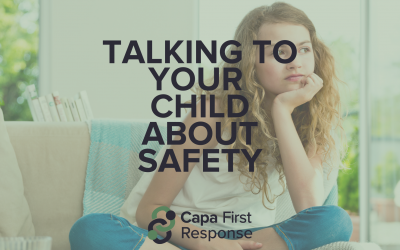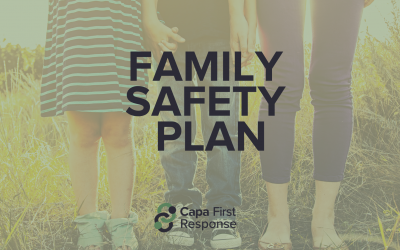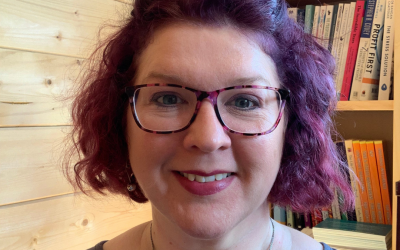When we think about child against parent aggression (CAPA), it’s easy to focus only on the behaviour we can see: the shouting, the physical aggression, the breakdown in communication. But to truly support families, we need to dig deeper to understand the “why” behind the behaviour. One crucial piece of this puzzle is neurodiversity.
What is Neurodiversity?
Neurodiversity is the idea that brain differences are natural variations of the human experience. Conditions like autism, ADHD, dyslexia, and Tourette syndrome are not “disorders” to be fixed, but part of a rich spectrum of human thinking and experiencing the world.
For many young people who are neurodivergent, the world can be overwhelming. Sights, sounds, emotions, social rules, which can feel magnified or confusing. When a child struggles to make sense of their environment, or to manage intense emotions, it can sometimes lead to aggressive behaviour toward the very people they trust most: their parents or caregivers.
Understanding the Connection
Neurodivergent young people might experience:
- Sensory overload: Everyday noises, lights, or crowded spaces can lead to intense distress.
- Communication challenges: Difficulty expressing needs or emotions can cause frustration to build until it explodes.
- Emotional regulation difficulties: Struggling to manage strong feelings like anger, anxiety, or fear can result in sudden outbursts.
- Executive functioning differences: Planning, organising, or transitioning between activities can be particularly hard, leading to heightened stress.
When these struggles aren’t fully understood or supported, aggression can sometimes become a way (often the only way, in that moment) that a young person expresses distress.
A Different Lens
At Capa First Response, we encourage families and professionals to see behaviour as communication. Instead of asking, “What’s wrong with this child?” we ask, “What is wrong in this child’s world?”
Understanding the role of neurodiversity means recognising that traditional approaches to discipline or conflict resolution might not work, and in fact can even make things worse. Instead, strategies need to be individualised, empathetic, and rooted in respect for the young person’s unique brain and experiences.
How Families Can Be Supported
- Validation and Listening: Letting young people know their feelings are real and important.
- Predictability and Structure: Creating routines that reduce uncertainty and anxiety.
- Sensory-Friendly Environments: Adjusting home spaces to reduce sensory triggers.
- Emotion Coaching: Helping young people name, understand, and navigate their feelings.
- Specialist Support: Engaging services like Capa First Response that understand the intersection between neurodiversity and family dynamics.
Families don’t have to navigate this alone. Tailored support can make a profound difference, building stronger, more understanding relationships and helping everyone feel safer at home.
A Message of Hope
Recognising neurodiversity doesn’t mean excusing harmful behaviour, it means understanding it so that we can change it. With the right support, families can move from a cycle of fear and frustration to one of healing, resilience, and growth.
At Capa First Response, we believe that every family deserves a future filled with hope and connection; which starts with understanding the whole child, in all their uniqueness.


